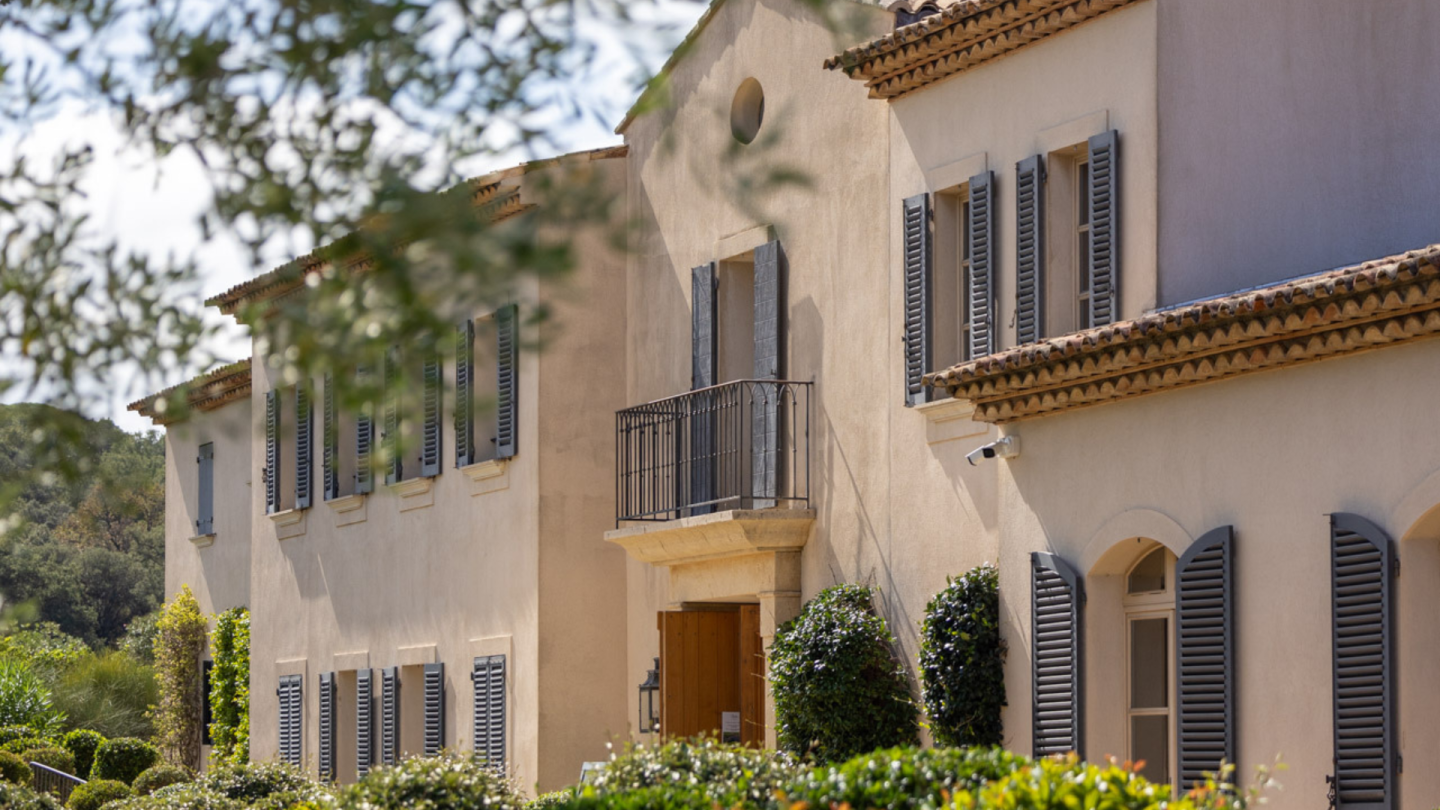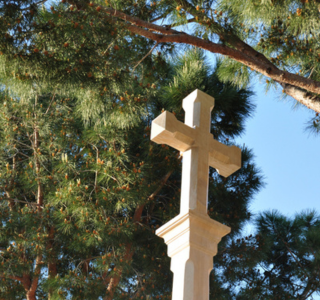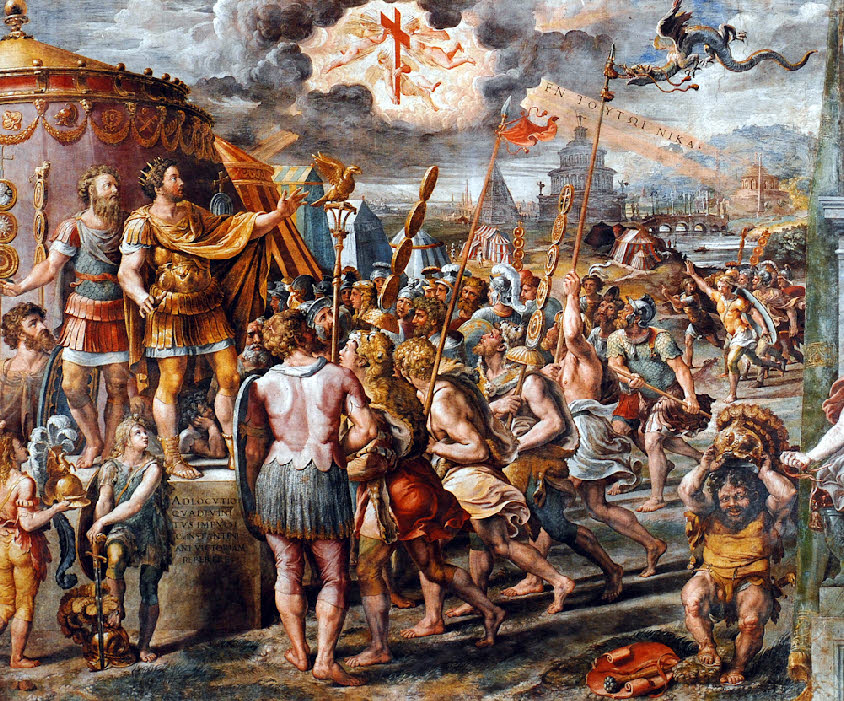At the origin of this name, there is an ancient story. Or rather, a legend.
Constantine, the 34th Roman Emperor, is said to have stopped near our shore in 312, on his way to Rome.
A vision suddenly struck him, and a cross appeared in the sky.
Entrez votre recherche

Domaine de La Croix, the birthplace of the village of La Croix-Valmer, has a rich and captivating history. Founded in 1882, it has withstood the test of time, alternating between periods of decline and moments of glory, thus reflecting its resilience and constant evolution.


He is said to have then been informed of his victory over his brother-in-law Maxentius at the Battle of the Milvian Bridge: “In hoc signo vinces” (“By this sign, you will conquer”). This voice is believed to have led to his conversion to Christianity.
In reality, no historian has ever been able to specify where this vision took place…
Originally from Franche-Comté, a former soldier and a passionate wine enthusiast, this enterprising man was a true visionary.
Enchanted by our land, by the beauty of its sites, its bay, and its climate, he decided to establish a legendary wine and tourist estate here.
That same year, he acquired 230 hectares and founded “Le Domaine de La Croix et Cavalaire.” This estate stretched from the borders of Gassin-Ramatuelle to those of Pardigon.



In 1892, in order to develop the seaside activity and raise funds, Mr. de Vrégille had to issue 35 new shares to establish the "Société Anonyme des Terrains et Vignobles de La Croix et Cavalaire.

After World War II and the landing on our beaches, the vineyards suffered greatly, both in terms of reputation and wine quality. Additionally, the railway line was closed in 1948, giving way to road transportation.
As promised, the group invested significant resources to revive the estate and evolve its identity.
A tremendous effort was dedicated to the qualitative resurrection of the vineyard: 80% of the vines were renewed, and significant investments were made in new technologies, including the creation of an ultra-modern cellar. Today, fully renovated, the estate is unlocking the fabulous potential of its terroirs and can proudly offer an interesting range of wines. Ranging from easy-drinking wines to complex and aromatic ones worthy of the finest tables, the Domaine still has plenty of surprises in store for you.